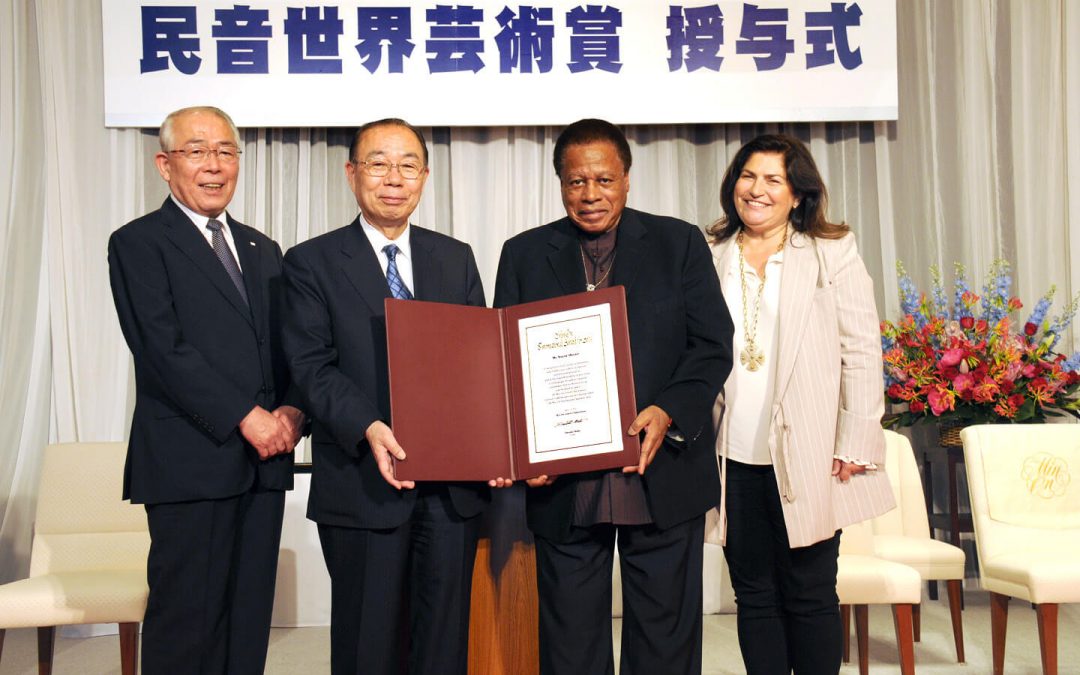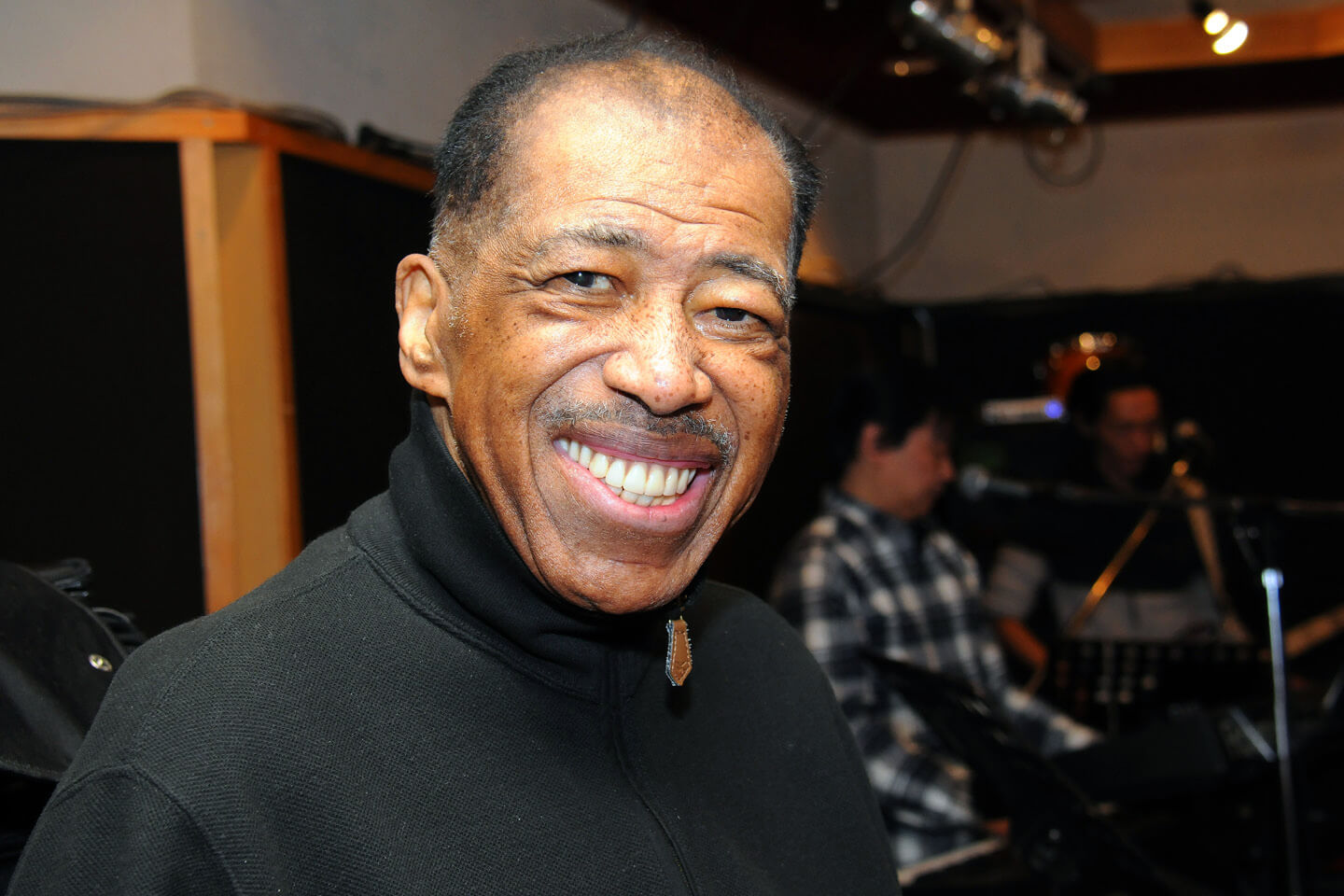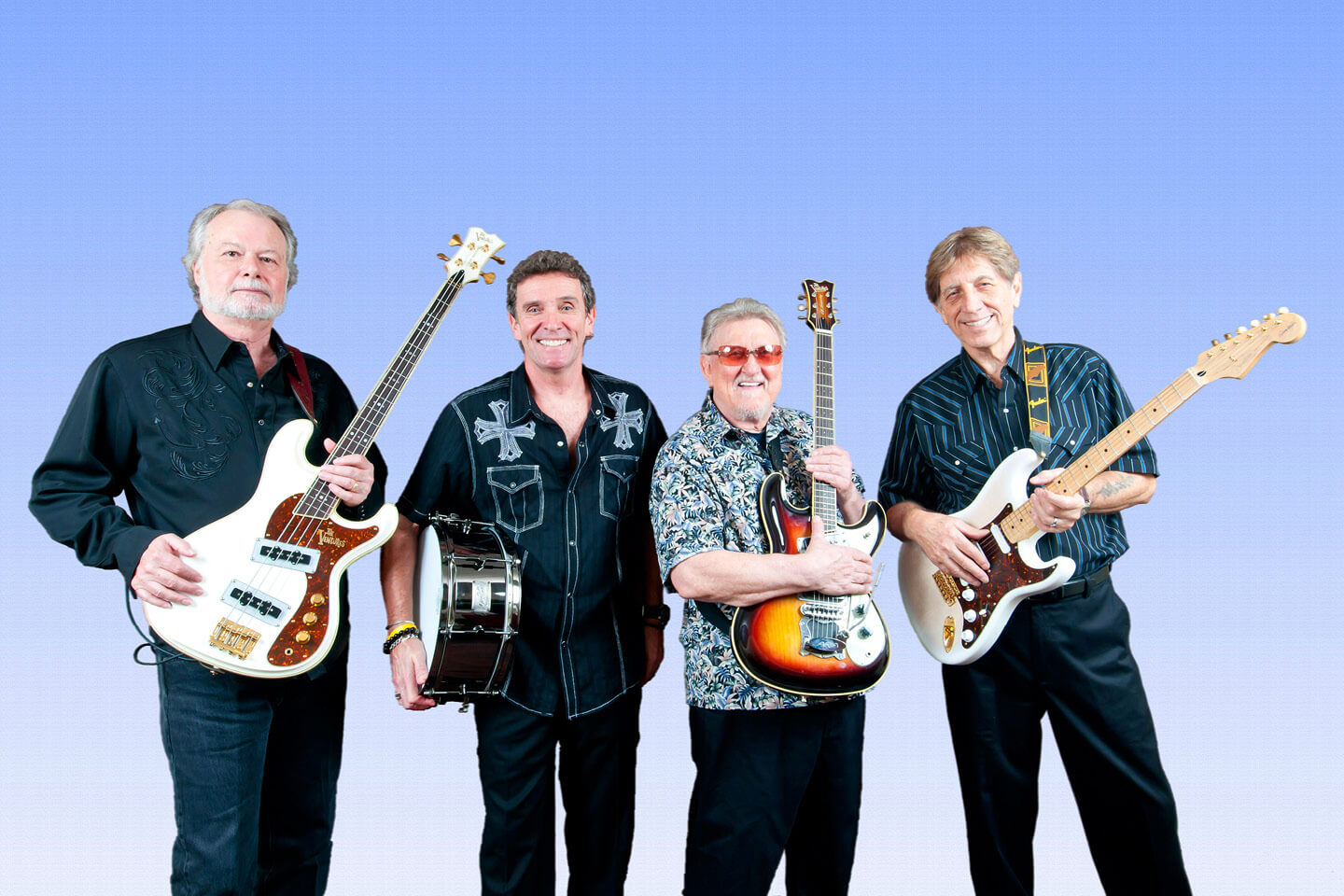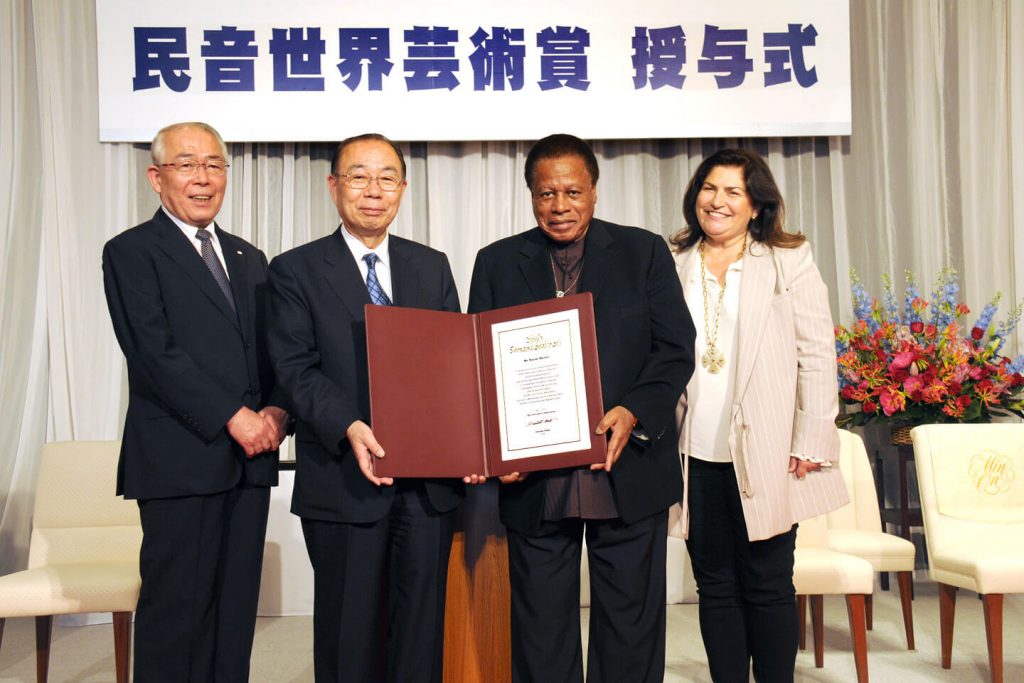
In the midst of the cherry blossom season, American virtuoso jazz saxophonist and composer Wayne Shorter visited the Min- On Culture Center on April 15 in between his two days of performances in Tokyo to accept the Min-On International Award for Arts. The award was established as Min-On’s highest honor, bestowed upon artists of outstanding achievement and longstanding dedication to the promotion of culture for peace. At the beginning of the ceremony, Min-On President Hiroyasu Kobayashi introduced the award, then on behalf of Min-On Founder Dr. Daisaku Ikeda, standing Executive Advisor Shigeo Hasegawa presented the award together with a gold medal and certificate. The certificate reads, “In recognition of your artistic achievements, which reflect your nobility of character and profound spirituality, and of the unparalleled ability of your music to move people throughout the world and awaken them to the joy of living and the desire for peace, the Min-On Concert Association is proud to bestow upon you as a lasting tribute the Min-On International Award for Arts.”
After expressing deep gratitude in his acceptance speech, Mr. Shorter said, “One thought that has stayed with me after engaging in dialogue with Dr. Ikeda and my dear friend Herbie Hancock is what Dr. Ikeda pointed out to me about the ego in all human beings and in entertainers specifically. I had observed there is a tendency to separate oneself from the humanistic aspects of daily life. That is an egoistic function that never sleeps. As an artist practicing the Buddhist philosophy, I came to realize that the creative process dictated by one’s egoistic motives could merely result in superficial, cosmetic representations of life in the worlds of literature, dance, painting, film, music, and arts.” Mr. Shorter concluded his speech saying, “However, when the ego functions in collaboration with the humanistic philosophy and altruistic practice of Buddhism, the potential to create value on a universal level transcends temporary, illusionary, and stationary conditions so that we can pursue life’s ultimate adventure: to create eternal happiness.”
The Long Way Around Is the Shortest Way Home
Grammy Award-winning jazz legends Wayne Shorter and Herbie Hancock are both known as longtime practitioners of Nichiren Buddhism and members of the Soka Gakkai International (SGI). In a serialized dialogue with Min-On Founder and SGI President Daisaku Ikeda, they explored the roots of jazz, its role in the advancement of culture and its resonance with Buddhist principles. The following are excerpts from their dialogue series “Soul Freedom: Jazz, Life and Buddhism,” in which they discuss the significance of cultural exchange.
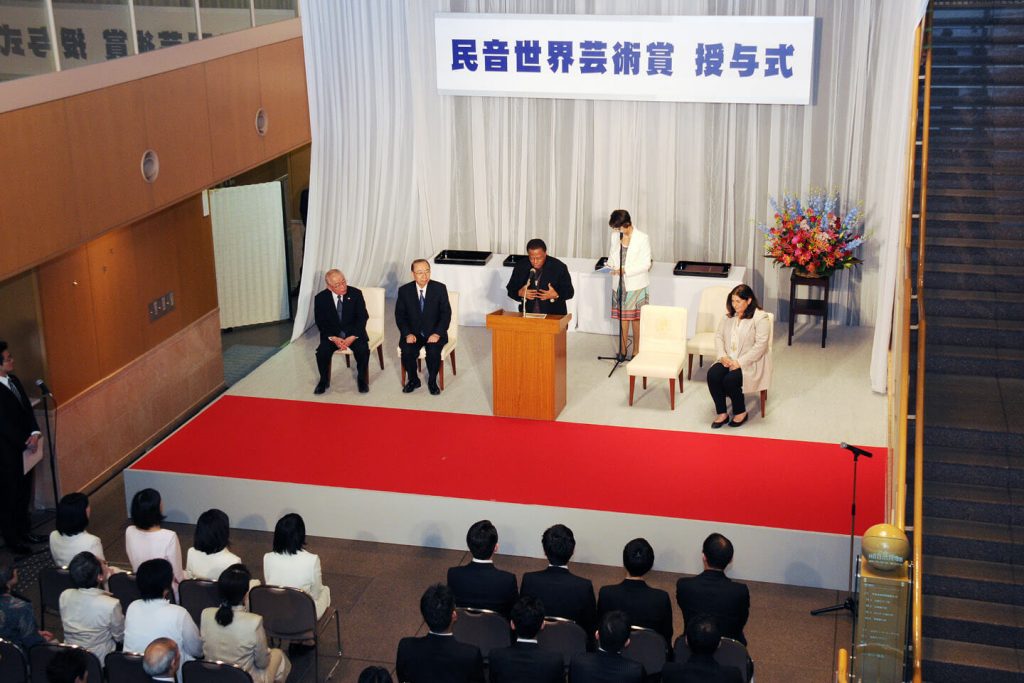
Ikeda: One writer has called jazz a musical form unbounded by borders and unconstrained by the times, a genre so encompassing and profound that it transcends nationalities and generations, unifying hearts and minds and inspiring people. It is clear that the two of you embody these characteristics of jazz.
Shorter: Thank you. I try hard to create music that puts people in touch with their deepest hopes—dreams they have given up on. I aim to inspire courage in people that will enable them to overcome their fear of the unknown and show them a way to deal with the unpredictable and unexpected.
This is a process of cultural awakening that must be pursued patiently, one step at a time. A saying that I have taken to heart is, “The long way around is the shortest way home.” We must instill in each person the awareness that they are endowed with their own cultural and artistic gifts. This is what I believe will eventually move the hearts of people and help them take action.
Experiences with intercultural exchange likewise raise cultural awareness. By coming into contact with other countries, people learn that there are many different perspectives and ways of life. This leads to an intercultural awareness that overcomes the long-held rigid and parochial views of culture that have no place in the world today.
Ikeda: Yours is a very insightful view of those who have devoted themselves to promoting cultural exchange. Cultural exchange must be pursued with steady determination. By maintaining a broad, multidimensional and persistent approach, the mighty river of peace and creativity will surely begin to flow. I have come to recognize this truth through the activities of our Min-On Concert Association.


